If ever a ram was in the wrong place at the wrong time, it was this one. It already was having a rather rough day, having somehow managed to entangle its horns in a thicket. With the desperation which any animal feels when it knows that it is stuck fast, it must have been feeling pretty stressed out as it struggled to free itself. But for this particular ram, a day which already had begun badly was about to get a whole lot worse.
This is, naturally enough, how things must have seemed from the ram’s side of things. From the point of view of the two humans who appeared on the scene, this particular ram was - quite literally – heaven sent. The two humans were Abraham and his beloved [1]only son Isaac, and they were there on that mountainside because God had commanded Abraham to sacrifice Isaac to him as a [2]burnt offering. This story in [3]Genesis is traditionally put forward as a shining example of ultimate obedience to God’s will – although any parent will fully appreciate the mental anguish that Abraham must have endured upon hearing God’s command.
And Isaac? Well, young Isaac does not actually know of God’s – or his father’s – intentions. And neither does his father tell him. On the way up the mountain he actually innocently carries the load of wood for his own funeral pyre on his back. One wonders how willingly he would have shouldered the load (if at all) had he known that he would play the central role in the coming sacrifice. But clearly he has his suspicions, because he asks his father where the sacrificial animal is. To which Abraham guardedly replies that the Lord will provide. Which, considering that Abraham already knows that (as far as he was aware) the Lord already had provided, is a cruelly cryptic response, to say the least.
But at what exact point in the story does Isaac sus the awful truth? We are only told that, when the place of sacrifice is reached, Abraham ‘bound Isaac his son, and laid him on the altar upon the wood’. Well, if poor Isaac didn’t know before, he sure must have tumbled to the way things are by now. But what happened? Did he struggle when he felt the rope tighten around his arms? Did he feel a terrible sense of betrayal at the way in which his father had tricked him into accompanying him? We are not told. What we know is that, just as Abraham raises his knife to do the deed, the angel of the Lord stays his hand and draws his attention instead to the ram.
Ah, yes… the ram. It was, apparently, ‘behind’ Abraham the whole time – and presumably struggling to break free from the thicket. Did Abraham neither see it nor hear its struggles during the whole episode? Apparently not. Of course, the reason might well have been because Isaac was at the time screaming his lungs out in anguished protest, both at his father's betrayal of trust and at the realization of his own unexpected mortality, which, though unbiblical in sentiment, would certainly be plausible as a normal human response to the situation.
So the ram is predictably sacrificed in Isaac’s stead, and we are left with a hatful of questions. What does this story say about Abraham, who was quite prepared, not merely to sacrifice his son, but to trick him into attending his own funeral service? And what does it say about a God who was fully prepared to let a father think that he must kill his own son, and then at the supreme moment turns around and says that it was all just a test?
This story has become an irresistible soft target for scripture’s detractors, with its apparently bizarre standards of morality and its flirting with human sacrifice in God’s name. But what I find disturbing on a more profound level is the way in which those who accept scriptural authority seek to justify the events. I have just read on one such [4]website the statement which urges us while reading this story to remember that “sacrificing children was neither against the law nor uncommon especially in the land of Canaan.” As if that in some obscure way makes things okay. It does not, and if you think that it does, then somewhere along the line you have made a sacrifice of your own – to what is morally and humanly decent – for the sake of your beliefs.
Hawkwood
Please Note:
If you who are reading this imagine that such a misguided and reprehensible action as sacrificing one's own child to one's deity belongs to a safely remote past, then consider this: My wife has drawn my attention to a column in today's newspaper (Trouw, 7 July 2013) in which the communications advisor Ton Planken (right) underscores the situation here in the Netherlands' Bible Belt. Their religious beliefs dissuade strict Calvinists from having their children vaccinated. In the last outbreak of measles here in 2,000, three children from such families died - each one an easily preventable death had those children received the available vaccination. With the first outbreak since that time now current, one hundred and sixty one children in the region have already fallen ill. One holds one's breath to see how many children will this time be offered up in the name of the religious beliefs of their parents. The full article in Dutch can be read here: Measles and Human Sacrifices.
Note added 20 January 2014: I overlooked adding this note at the time, but one girl died of measles in the area in this new outbreak - another easily-preventable death as a direct result of the parents' religious convictions. Were it in my power I would hold them culpable for death by neglect.
Notes:
[1] It is puzzling that Genesis describes Isaac in these terms when we also are told by scripture that he in fact had an older brother named Ishmael.
[1] It is puzzling that Genesis describes Isaac in these terms when we also are told by scripture that he in fact had an older brother named Ishmael.
[2] A burnt offering was any corpse of a human or carcass of an animal which, having been slaughtered, was then ritually burned so that the smoke would waft heavenwards to please the deity in whose name he, she or it had been killed. Please see my post Frontier Justice in the Promised Land for an example of actual human sacrifice in God’s name. Yes, as related in Judges 11:29-40, it was another infanticide: in this case of a father sacrificing his daughter.
[3] Genesis 22: 1-18.
[4] http://nowthinkaboutit.com/2010/09/abraham-sacrifices-isaac-not/
Top image: Abraham and Isaac, by Anthony van Dyck.
Other images: Abraham and Isaac, by Gerhardt Willem von Reutern.

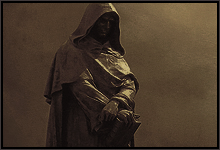


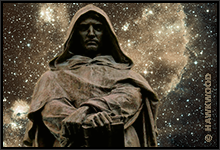


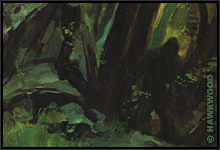
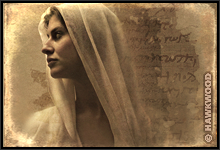


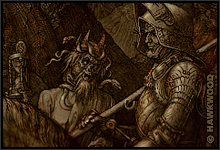
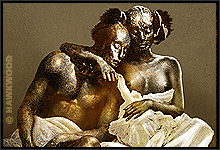

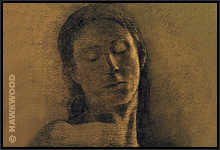
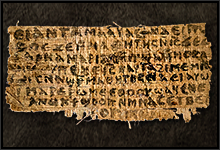















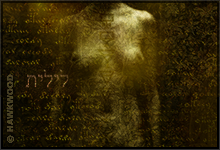
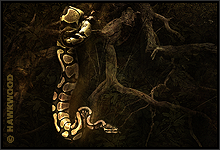
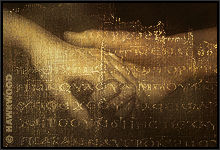
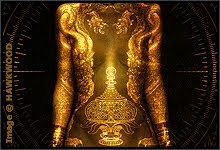
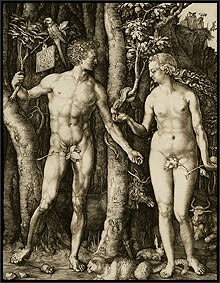
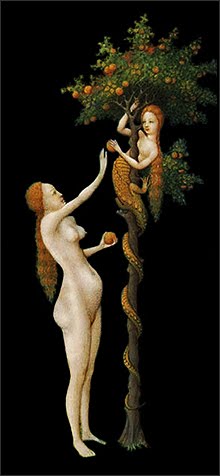

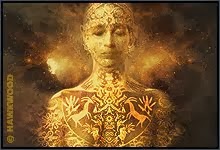


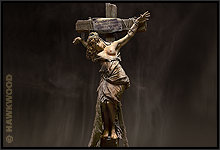

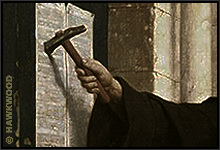


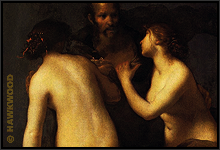



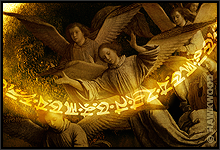

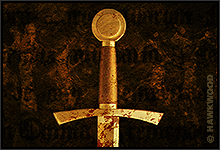
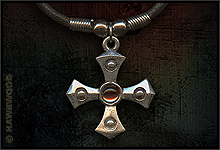
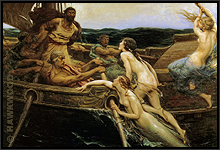

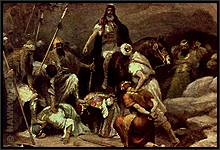
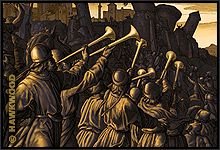
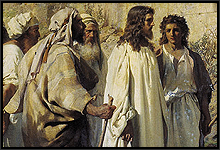
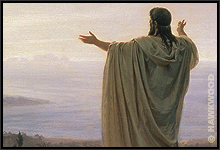
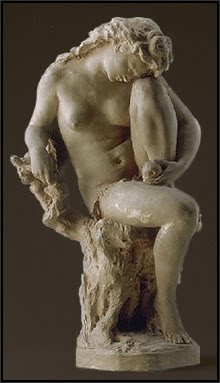
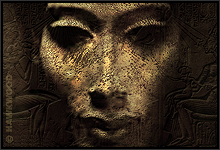



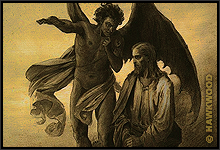
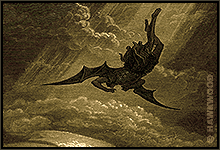







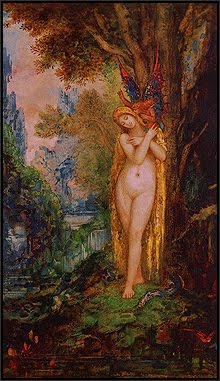


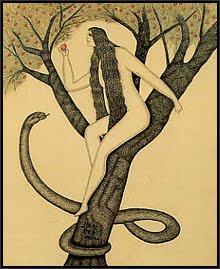




No comments:
Post a Comment
You are welcome to share your thoughts.